‘When we hear government efficiency from Carney, we’re worried we’ll see DOGE-lite’: public service unions react to new ministers Lightbound and Ali
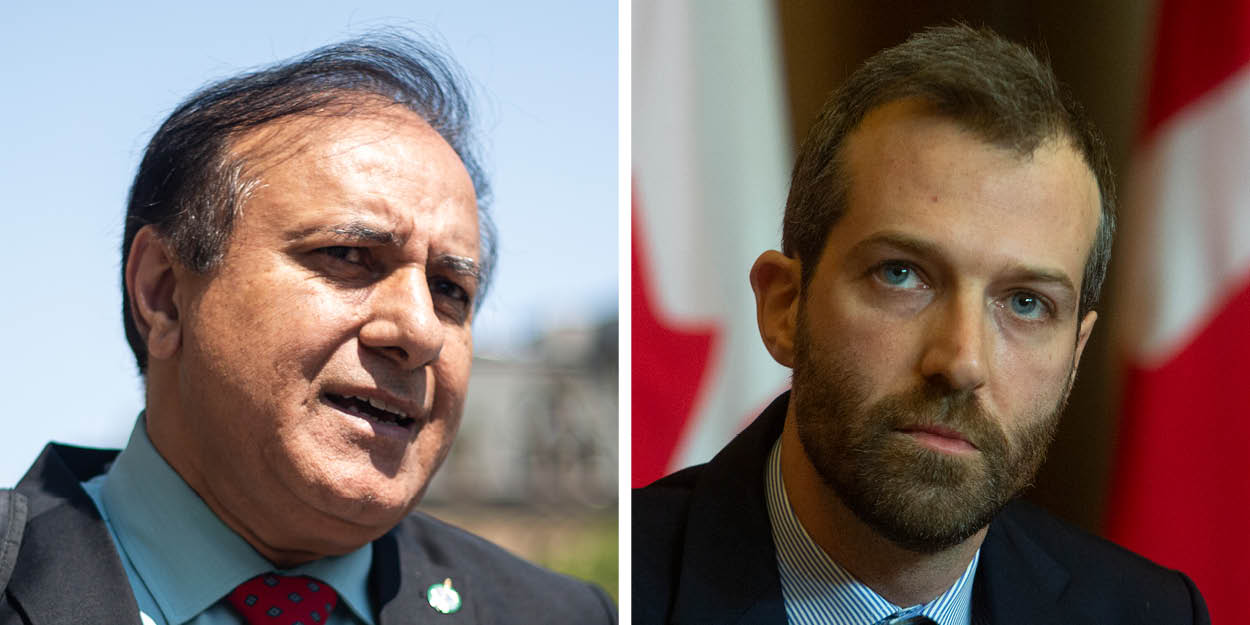
First-time cabinet minister Shafqat Ali is assuming the role of Treasury Board president at a “delicate moment,” with trust frayed between the federal public service and its employer, says Canadian Association of Professional Employees President Nathan Prier.
“Repairing the relationship between his workers and management in the federal public service has to be a top priority right off the bat for him,” said Prier, who leads one of Canada’s largest federal public service unions representing thousands of economists, policy advisuners, translators, researchers, among others.
Prime Minister Mark Carney’s (Nepean, Ont.) recent cabinet shuffle saw Ali (Brampton-Chinguacousy Park, Ont.) take over the Treasury Board, and Joël Lightbound (Louis-Hébert, Que.) named minister of government transformation, public works, and procurement, overseeing Public Services and Procurement Canada.
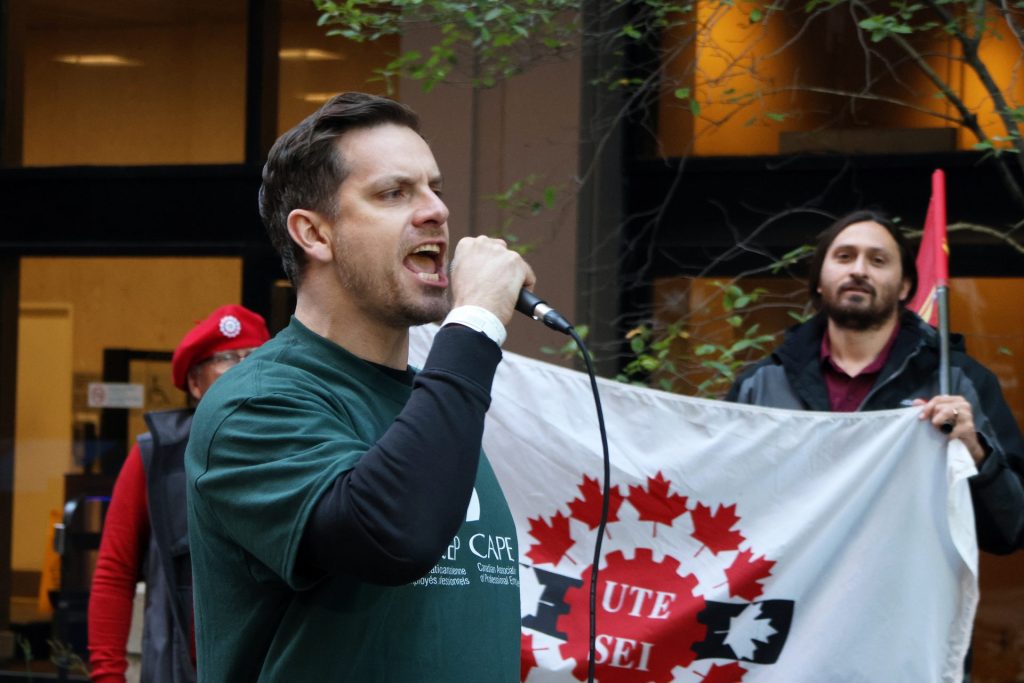
Prier said trust has been broken due to “a pattern of bad faith consultation and disrespect for evidence-based decision-making,” citing the return-to-office mandate and talks of reducing the size of the federal public service as a cost-saving measure.
During the campaign, Carney promised to cap the size of this country’s public service, which has ballooned over the last decade, growing by more than 40 per cent to 367,772 in 2024. With Carney’s emphasis on government efficiency and reining in spending, the two largest public service unions say they need to be consulted.
Prier said he’s “ringing the alarm” over some of the language Carney has used to describe his government’s direction as one focused on both efficiency and transformation.
“When we hear ‘government efficiency’ from Carney, we’re worried we’ll see DOGE-lite,” Prier said in reference to United States President Donald Trump’s Department of Government Efficiency. Tech billionaire Elon Musk said DOGE’s mission was to end the “tyranny of the bureaucracy, cut government spending and reduce national debt,” which resulted in hundreds of thousands of job cuts across the U.S. public service.
“We don’t want to see ideology guide the public sector,” Prier said, “we need to invest in the people who will get us through these next four years.”
The Treasury Board is the government’s budget office, with all department spending plans going through its scrutiny. It is responsible for managing federal government operations, and is essentially the its employer. On top of the government’s spending authority, Treasury Board gives permission for departments to enter into contracts or to initiate projects in order to advance the government’s initiatives and cabinet priorities.
The role running the department is “a bit of an inside-baseball job,” said Wayne Wouters, a former public servant who was clerk of the privy council and secretary to the cabinet from 2009 to 2014.
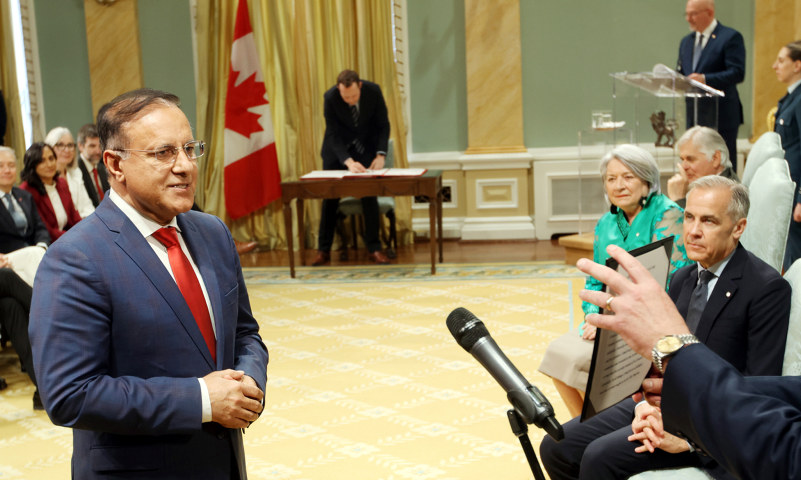
While it’s not uncommon for ministers to get the job with limited government experience, he said “they very quickly need to develop an understanding of this oversight role the Treasury Board has” to be able to effectively lead it.
“Are there any so-called precursors to the job? I don’t think so,” said Wouters, who served as secretary to the Treasury Board from 2004 until 2009. “We’ve had presidents who were ministers before, and presidents where it’s their first or second job as minister.”
First elected in 2021, Ali has a business background. Since coming to Parliament Hill, he’s been a member of House committees for citizenship and immigration, environment and sustainable development, and the Library of Parliament. He’s also served on dozens of parliamentary associations and interparliamentary groups.
Both Ali, Lightbound new to cabinet
Ali and Lightbound are both new faces at the cabinet table, joining 13 other Liberal MPs who have never served in these senior ranks.
In Lightbound’s pre-political life, he was a human rights lawyer, and, since being elected in 2015, he’s served as parliamentary secretary to the ministers of health, finance, public safety and emergency preparedness, as well as chairing the House Industry and Technology committee last Parliament.
Neither Ali nor Lightbound was immediately available for an interview.
Both ministers made COVID-19 pandemic-era headlines: Lightbound broke from the Liberal ranks in 2022 when a convoy of big-rig truckers gridlocked downtown Ottawa for weeks. He held a press conference saying his party and then-prime minister Justin Trudeau had politicized the pandemic, calling for pandemic measures to be scaled back. He then stepped down as Quebec caucus chair.
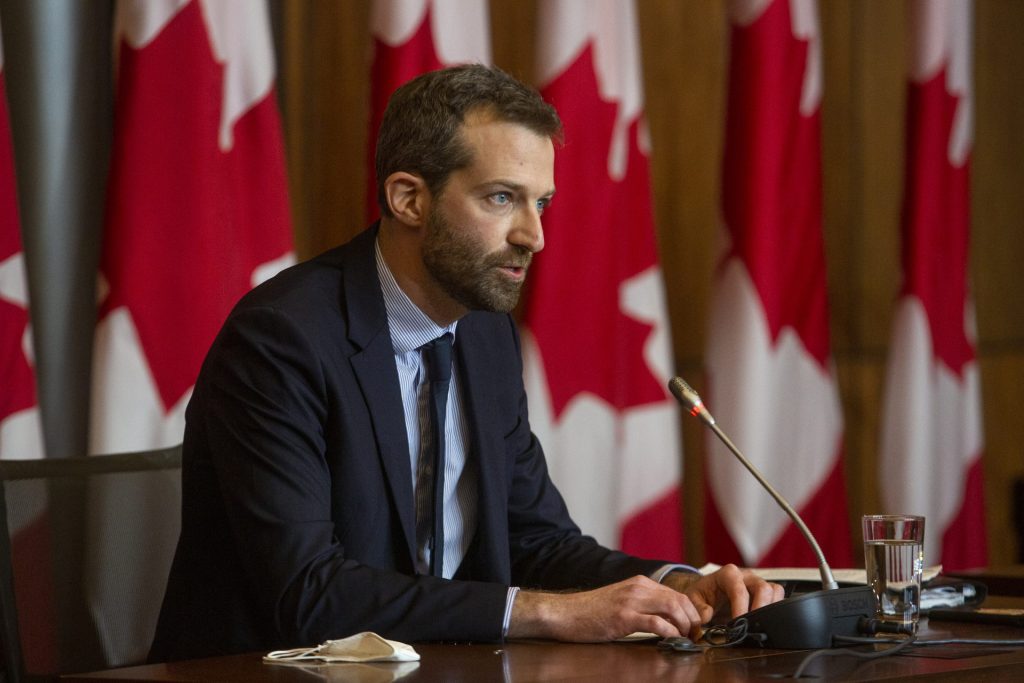
Later that year, Ali had joined a hybrid session of Parliament via video, and was in a bathroom stall in the West Block. He apologized after the blunder was made public by Conservative MP Laila Goodridge (Fort McMurray—Cold Lake, Alta.).
As the newly-appointed ministers get acquainted with their new files, Prier said he hopes Ali focuses on strengthening the public service “so Canada can have a strong response to the global chaos.” Prier also criticized Carney’s “vague” mentions of the public service pushing up government spending, and the need to “cap” the public service.
Prier said the prime minister frequently references “nation-building” projects, something that will require a healthy and functional public service.
Following cabinet appointments on May 13, the next day Carney announced his cabinet committees, where cabinet ministers meet outside of Parliament to hash out issues, coming back to the cabinet for high-level talks.
While there’s a Treasury Board committee tasked with “the effective management of public funds,” which Ali chairs, there is also a committee on government transformation and government efficiency. This committee will “co-ordinate efforts to realize more effective and efficient government services and processes and to improve service delivery for Canadians,” and “co-ordinates efforts to reduce government expenditures.” Ali and Lightbound are members of both committees.
Since Lightbound’s portfolio includes government transformation, Prier said the unions want to be consulted, and are keen to see the government make evidence-based decision-making.
“Efficiency has to be a real conversation,” he said. “We serve Canadians and taxpayers, but we have to be real about what gets us to running an efficient operation.”
Efficiencies can be found, he said, but not in taking on risky AI projects. The Liberal platform put focus on artificial intelligence as a way to spur innovation in the private and public sectors, and opened the door to using AI, “to address government service backlogs and improve service delivery times.”
PSAC national president Sharon DeSousa also said her union expects to be consulted.
“Major changes to the way the government operates will inevitably impact public services and the workers who deliver them,” she said via email. “We’ll be seeking clarity about Minister Joël Lightbound’s mandate on the future of Canada’s public service and plans to cap the size of government.”
Labour a missing priority in cabinet: DeSousa
She said the union is disappointed that labour issues weren’t prioritized as a key portfolio of the cabinet, instead relegated to Secretary of State John Zerucelli (Etobicoke North, Ont).
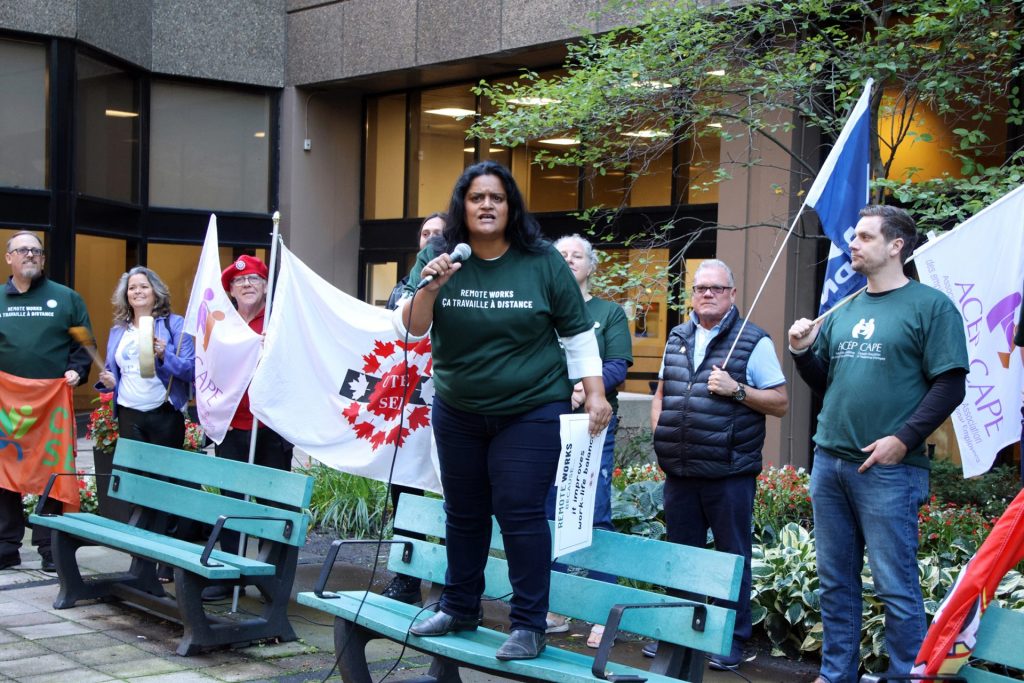
Carney appointed 28 ministers and 10 secretaries of state who oversee certain issues within a minister’s portfolio.
“The lack of a voice for labour in a core cabinet position will mean there’s less of a focus on workers and families, especially the most vulnerable and precarious workers,” DeSousa said.
She said the union is disappointed that labour issues weren’t prioritized as a key portfolio of the cabinet, instead relegated to Zerucelli who will report to Jobs and Families Minister Patty Hajdu (Thunder Bay-Superior North, Ont.).
Back in 1909, then-prime minister Sir Wilfrid Laurier first created the labour position in cabinet, and since then, “labour” has been specifically referenced in every cabinet, until Carney’s March 2025 pre-election cabinet shuffle.
Hajdu posted on social media on May 15 saying “labour will always have a seat at the table in our government,” adding she was looking forward to working alongside union leaders, workers and employers.
mglass@hilltimes.com
The Hill Times






 LICENSING
LICENSING PODCAST
PODCAST ALERTS
ALERTS













